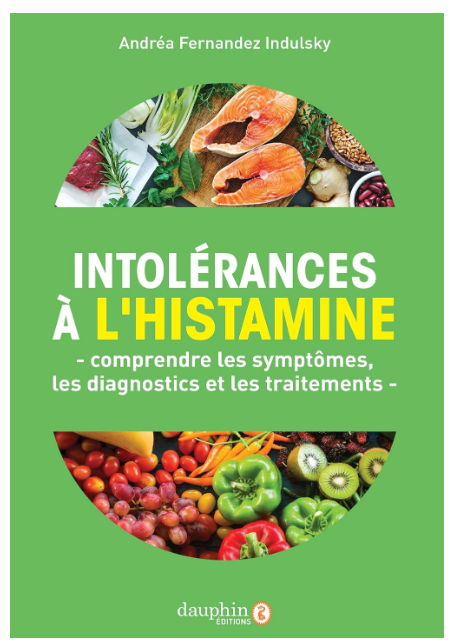Mitochondria and PQQ
PQQ, or Pyrroloquinoline Quinone, is one of the molecules currently the focus of scientific research, mainly for its role in mitochondria. This molecule has been found in interstellar dust particles and is thought to be an essential building block in the appearance of life on Earth1. Today, it is a promising solution for preserving and improving human health.
It was in 2010 that PQQ research made a significant scientific breakthrough: this molecule proved capable of protecting mitochondria and stimulating their growth. Found in every one of our cells, mitochondria are at the heart of two functions essential to life: energy production and the control of cell death. The number of mitochondria naturally declines with age. What's more, mitochondria can become dysfunctional, leading to a host of disorders such as premature aging and certain neurodegenerative diseases. Their nutrition and protection are therefore major challenges, to which PQQ is capable of responding.
The human body does not have the capacity to synthesize PQQ endogenously. It is therefore supplied exclusively through the diet or dietary supplements. The best food sources are natto (a Japanese dish made from fermented soybeans) and cocoa powder. Green tea, parsley, kiwis and papayas are also thought to contain it. Today, thanks to a multitude of in-depth scientific studies, scientists agree that PQQ helps increase cellular energy, protect mitochondria from oxidative stress-induced damage, slow down the aging process, improve cognitive functions and protect the heart.
PQQ has been shown to induce the synthesis of new mitochondria, when administered to athletes at a dose of 20 mg/day2. One study showed that PQQ deficiency led to a 20-30% reduction in the relative quantity of mitochondria in the liver. In the same study, respiratory capacity was found to be lower in PQQ-deficient individuals than in the PQQ-supplemented group3. By activating the growth of new mitochondria, it optimizes energy production and the body's overall metabolism.
PQQ is also a powerful antioxidant, 30 to 5,000 times more effective than vitamin C according to some scientists4. It is therefore able to effectively combat oxidative stress 5,6 (excess free radicals), which is the primary cause of mitochondrial dysfunction and associated diseases. PQQ derives its antioxidant action from two main mechanisms. Firstly, it increases the activity of Super Oxide Dismutase (SOD), one of the most powerful antioxidant enzymes naturally produced by our bodies 7. On the other hand, it is capable of directly scavenging free radicals to prevent them from doing any harm 8. PQQ is currently one of the most promising therapeutic strategies in the management of premature aging, caused in part by oxidative stress. PQQ can have a beneficial effect on the body's major organs, such as the brain, heart and liver:
- A team of scientists has demonstrated its ability to protect the brain from the proteins that cause Alzheimer's10 and Parkinson's11 diseases. It also appears to be able to reduce the area damaged by stroke12, by stimulating the natural production of nerve growth factor, essential for repairing this damage. Finally, it is said to improve cognitive functions (memory, attention, etc.).
- It has a beneficial effect on the liver, notably by preventing damage linked to oxidative stress 13. In particular, it is said to protect the liver from non-alcoholic fatty liver disease by limiting fat absorption 14.
- With regard to its cardio-protective action, a study carried out in San Francisco showed that PQQ supplementation could protect heart muscle cells against oxidative stress, thereby reducing the risk of heart attack 15.
- Finally, one study has shown that it can reduce the body's level of inflammation. Taking PQQ led to significant decreases in levels of inflammation markers, resulting from improved mitochondrial function 16.
In conclusion, PQQ is proving to bea resourceful molecule, particularly interesting for people lacking energy, recovering from illness, exposed to stress, wishing to support their general metabolism or combat cognitive decline. Current and future research will undoubtedly bring to light new health benefits of this molecule from the stars.
Source: https://www.bio-infos-sante.fr/




